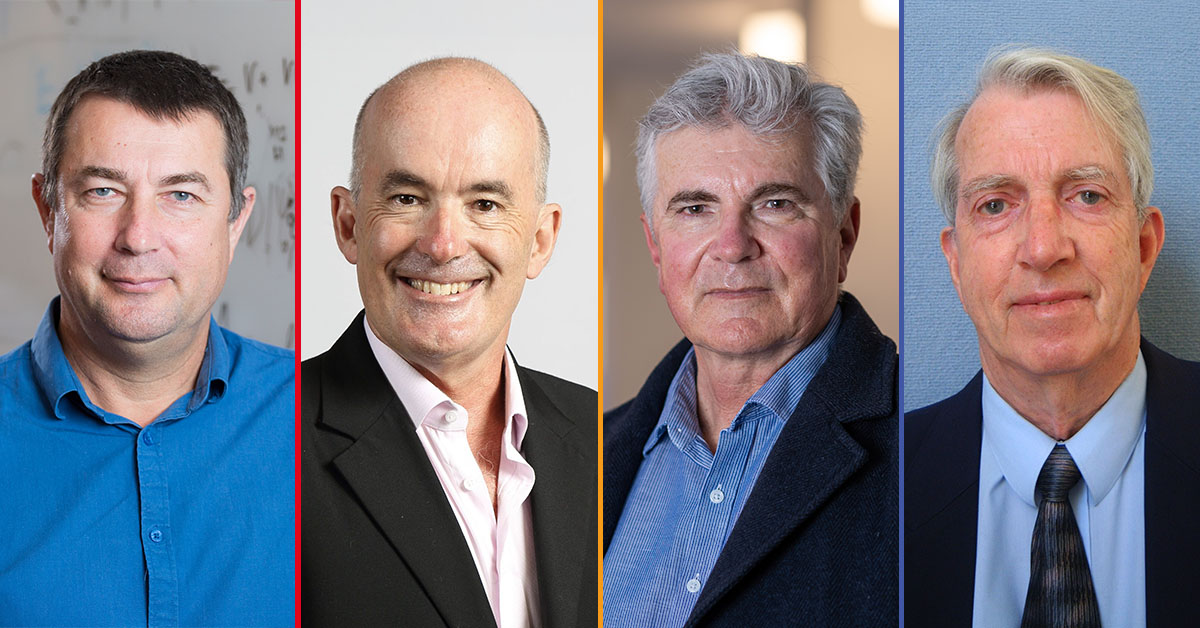
Four Academy Fellows have been recognised for their outstanding contributions to science, tertiary education and leadership by being named in the King's Birthday 2025 Honours list.
Professor Ove Hoegh-Guldberg AC FAA - appointed a Companion of the Order of Australia (AC)
For eminent service to marine science, particularly the research, conservation and management of coral reef ecosystems, and to tertiary education.
Professor Ove Hoegh-Guldberg was elected to the Academy in 2013 after discovering the molecular mechanism behind coral bleaching. His research was also one of the first to demonstrate the extreme sensitivity of ecosystems to increases in the release of carbon into the atmosphere due to human activity.
Emeritus Professor Mark Howden AC FAA FTSE - appointed a Companion of the Order of Australia (AC)
For eminent service to environmental science, to the global response on climate change and adaptation, to agriculture, and to tertiary education.
Professor Mark Howden was elected to the Academy in 2025 for his work influencing global climate science, policy and public engagement over more than three decades. His research covers the science of climate change and variability, adaptation responses, sustainable emission-reduction options and more.
Emeritus Professor Len Lindoy AO FAA - appointed an Officer of the Order of Australia (AO)
For distinguished service to chemical sciences as a researcher, to tertiary education, and in leadership roles.
Professor Len Lindoy was elected to the Academy in 1993 for his work in discriminating between metal ions using ring-shaped molecules. His research has been applied to industrial processes to selectively recover or remove metal ions.
Professor Igor Bray AM FAA - appointed a Member of the Order of Australia (AM)
For significant service to physics, mathematics and astronomy education.
Professor Bray was elected to the Academy in 2017 for several major research breakthroughs in the field of atomic and molecular collision physics. He is particularly known for developing the convergent close-coupling (CCC) theory, which allows for precise calculations of atomic and molecular collisions.






